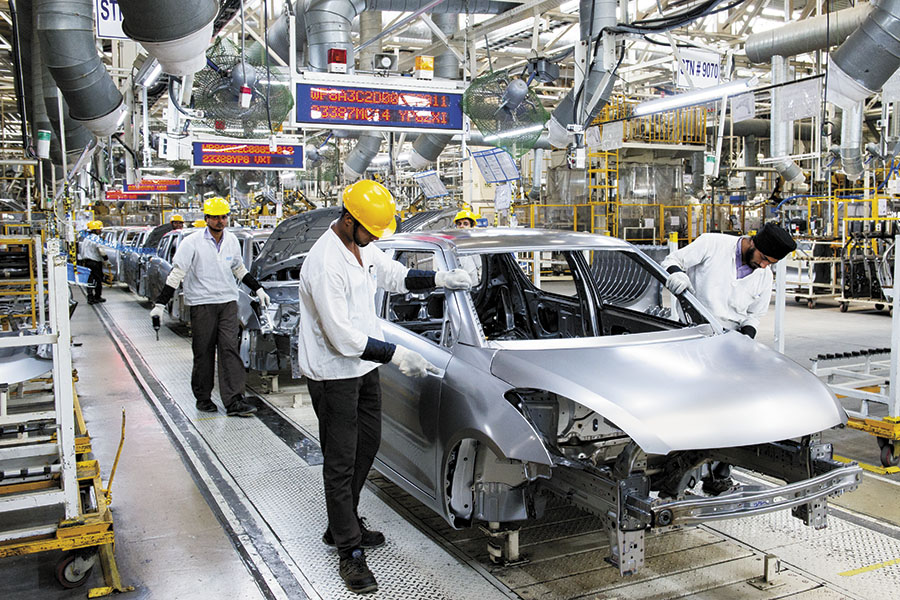Maruti Suzuki and Toyota Tsusho Group inaugurated a vehicle scrapping unit in Noida, Uttar Pradesh that has the ability to scrap 24,000 cars a year.
The scrappage unit is owned by Maruti Suzuki Toyotsu India (MSTI), a joint venture between the two companies, and is one of a kind in the country. The facility costs Rs 44 crore and can process one car in 200 minutes.
On August 13. The government of India launched the ‘Voluntary Vehicle Fleet Modernisation Programme’ , the scrappage scheme, which is expected to generate investments of Rs 10,000 crore. The policy will focus on incentivising owners of old and polluting vehicles to take them off the road.
After the dealership is procured, the almost end-of-life automobiles will arrive at the MSTI site. Then, the automobile is sent for pre-treatment and de-pollution to ensure zero discharge once the documents and inspection are confirmed.
After that, the car is deconstructed and the steel is processed and separated before being sold to steel mills and smelters. MSTI believes that up to 95% of the scrap will be recovered.
The customer will receive the direct payment in his bank account and a vehicle destruction certificate will also be provided. According to Nitin Gadkari, Minister for Road Transport and Highways scrappage policy shall reduce raw material costs by around 40 percent.
“I have asked OEMs to give Rs 1-1.5 lakh benefit to the buyer who has the scrappage certificate. I have taken the decisions that were possible at my level. We are going to discuss this with the Finance Ministry again, to think about ways to facilitate this. Can we give more concessions? We have planned something but we cannot discuss that at the moment. We are requesting the Finance Ministry, states and GST council to see if we can get more incentives,” Gadkari said after inaugurating the scrapping facility.
Other automakers are also chewing over to the idea of setting up such scrapping centres.

